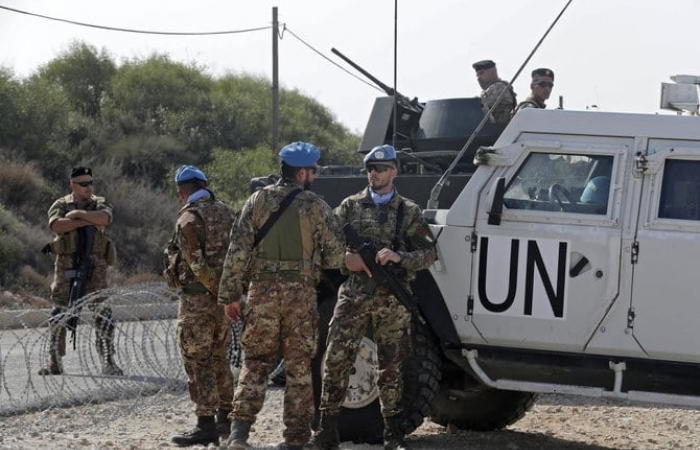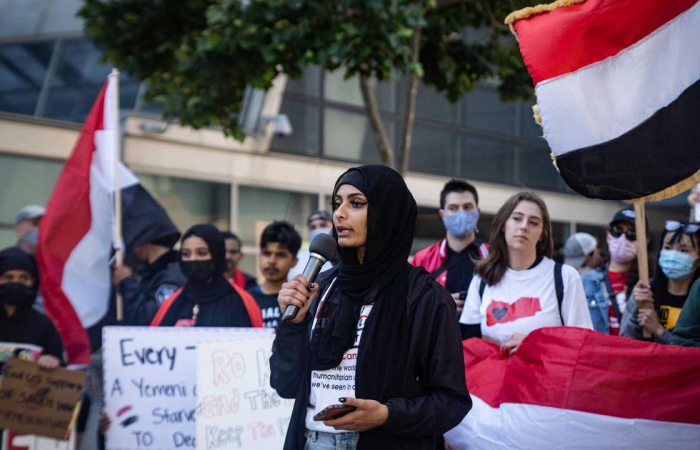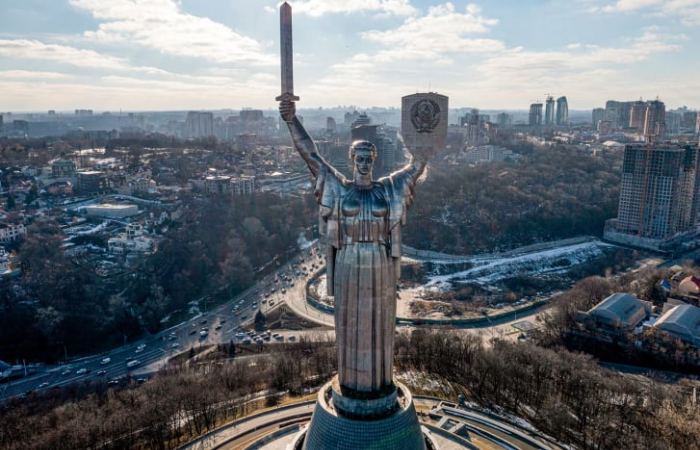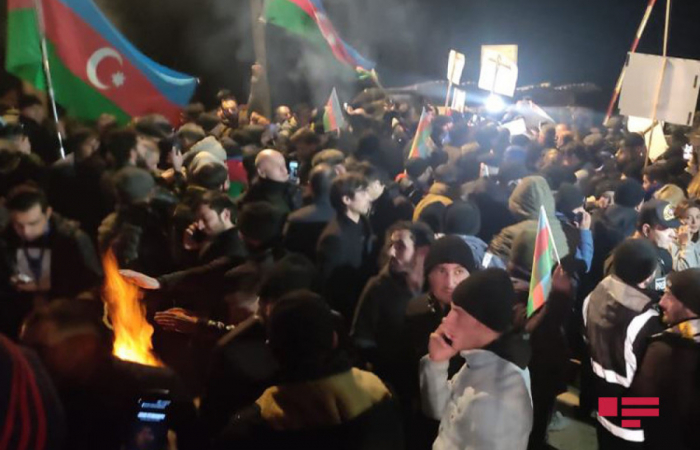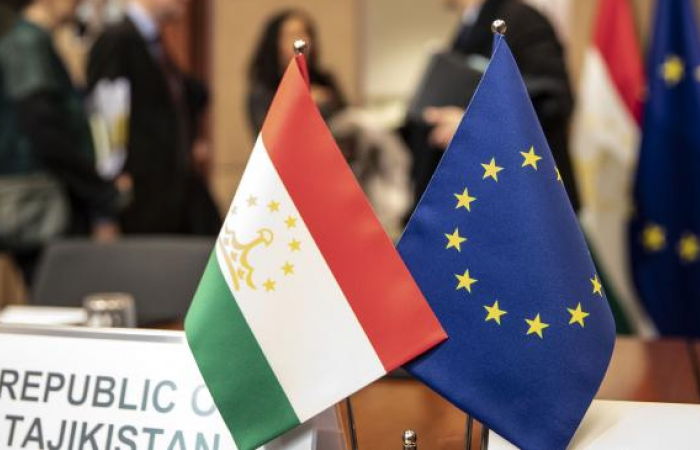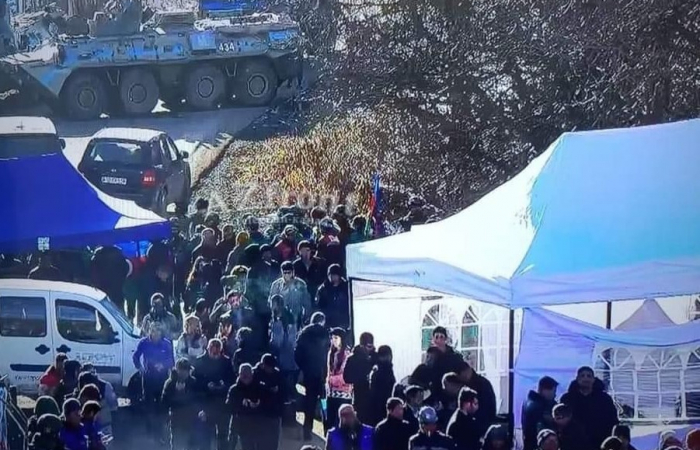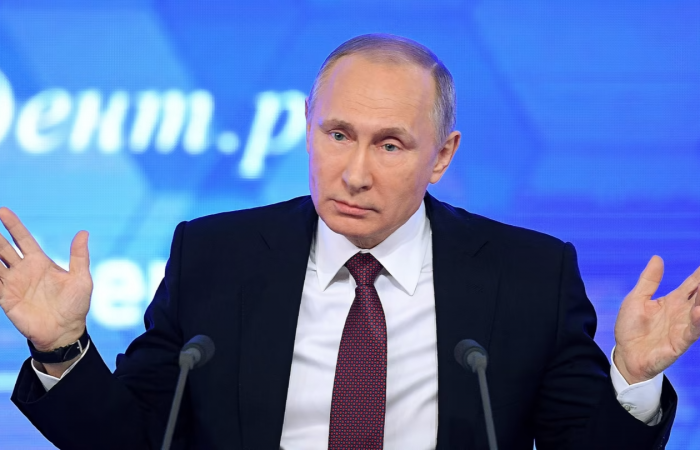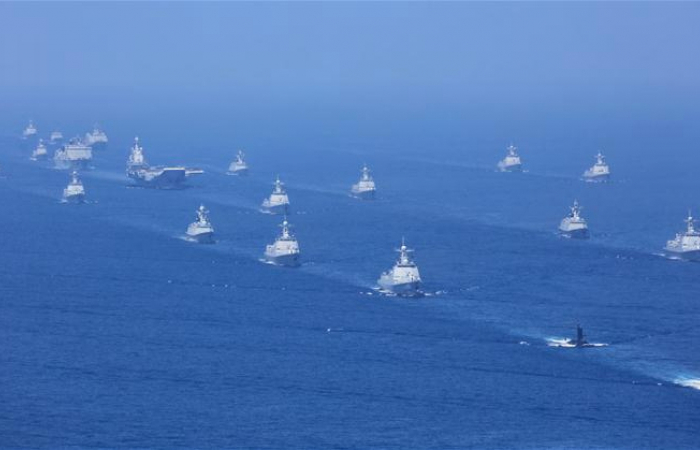Editor's choice
This is a members’ functionality. Please
Sign upEditorial
Trending
Unimpeded movement on the Lachin corridor should be restored immediately and Armenia and Azerbaijan should return to the EU mediated talks
14 December 2022
The Lachin Corridor, a road that connects the areas controlled by the Armenian community of Nagorno-Karabakh with Armenia, has been blocked for several days.
A group of Azerbaijani activists on Monday arrived in the area to show concern about exploitation of natural resources in the territory which is under Armenian control, but which is internationally recognised as part of Azerbaijan. A stand-off with Russian troops that have overall control over the corridor led to the closure of the road, effectively isolating the Armenian population in the territory.
The issues are ofcourse deeper than simply control over some goldmines and other natural resources. In essence it is about the future of Karabakh. It is also about the Russian role in the region and in the wider South Caucasus. On 10 November 2020, Russia, in agreement with the governments of Armenia and Azerbaijan, deployed around two thousand soldiers as "peacekeepers" as part of an agreement that followed the Azerbaijani military victory in the 44 day war. Their mandate has always been thin, and their mission full of ambiguity. The current stand-off reflects these weaknesses.
So far, serious incidents in this current stand-off have been avoided, but either side can easily escalate the situation, and unplanned incidents can also exacerbate the situation.
Over the last twenty-four hours their have been expressions of concern voiced by the international community, including the US and the EU. Both want Armenia and Azerbaijan to return to menaningful negotiations and to move quickly with the signing of a peace agreement.
What the Russians want is another matter. President Putin spoke to the leaders of the two countries separately on Monday, but clearly did not achieve much. Russia's priority is to maintain its military presence in the area, because it believes it gives it leverage on both Baku and Yerevan. Yet as this latest incident is showing the presence also puts on Russia responsabilities. Distracted by the war in Ukraine, and unsure how it really wants to proceed Russia may opt, for the moment at least for inaction.
This does not serve the Armenian population of Nagorno-Karabakh well. The Lachin corridor is a lifeline, and without it the community has no future - or at least none that it is ready to accept. It is not a humanitarian disaster yet, but it can become one quickly. The free and unimpeded movement on the Lachin corridor should be restored as soon as possible, and the negotiations between Armenia and Azerbaijan with the mediation of the European Union, that looked so promising only a few months ago, need to be continued and the momentum regained.



